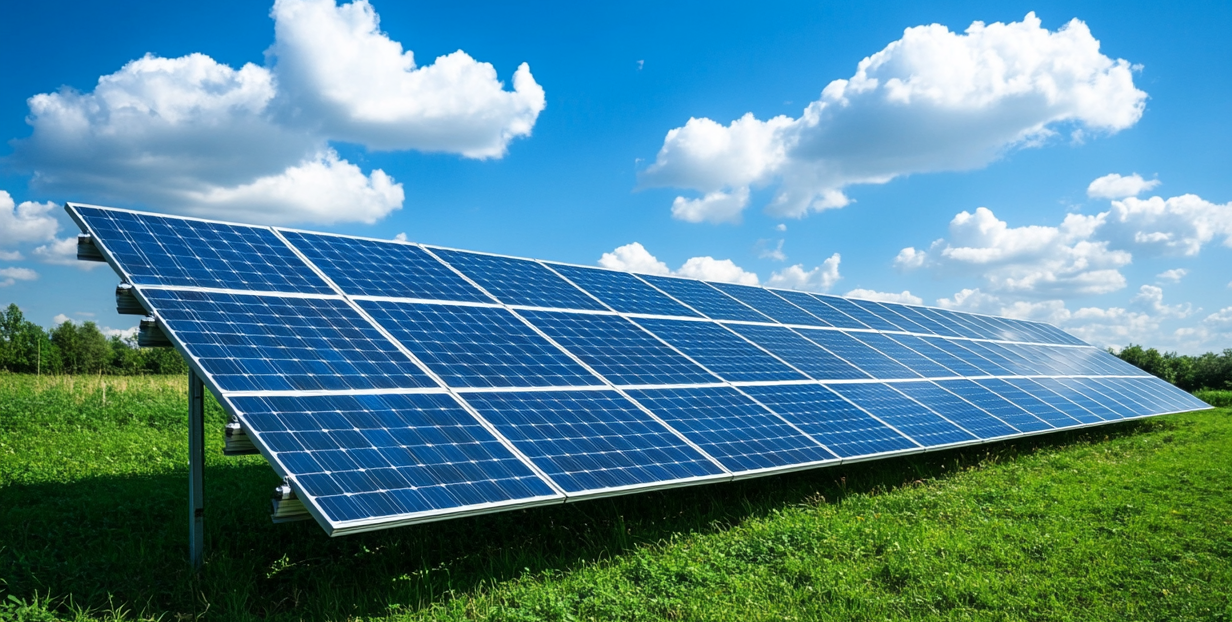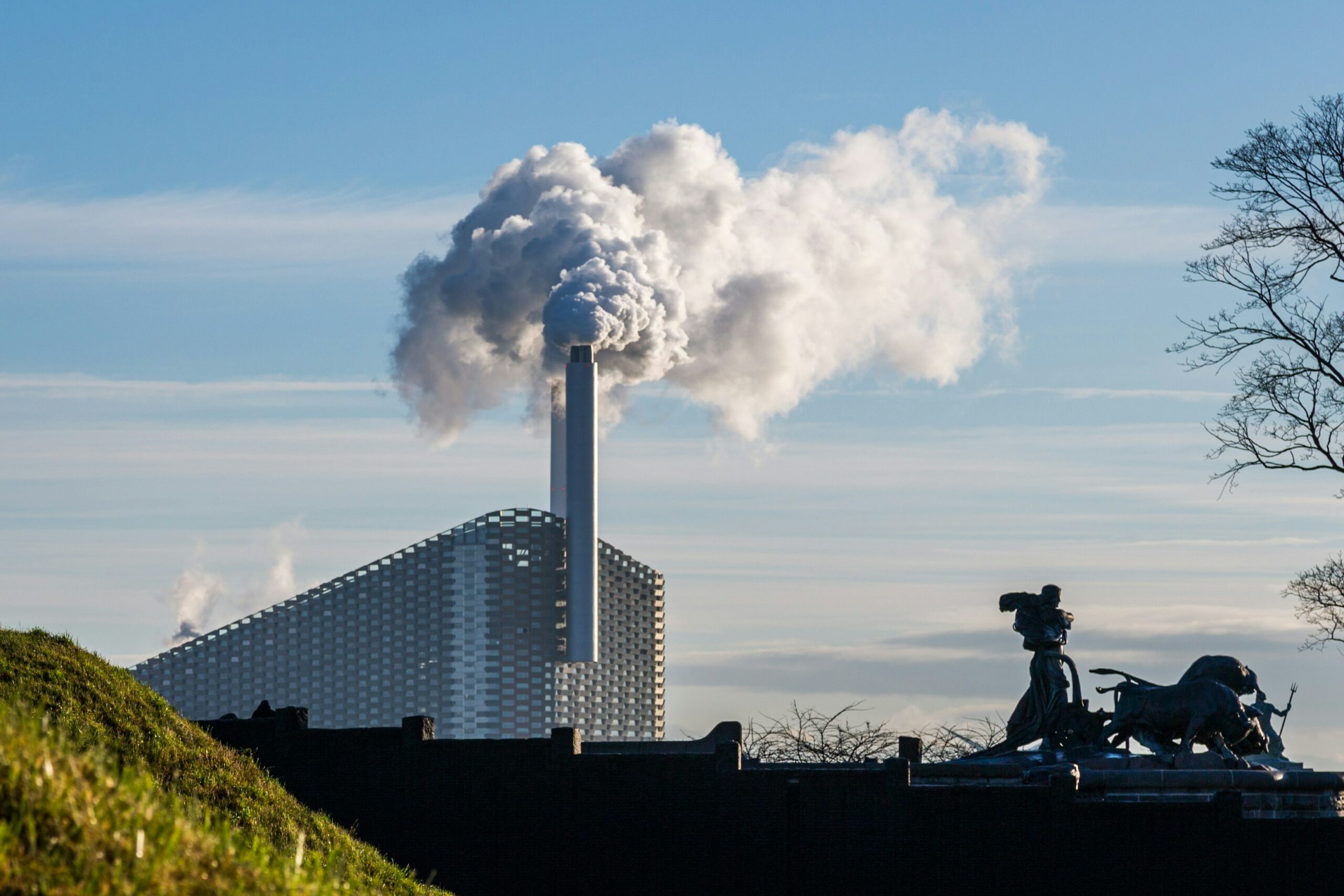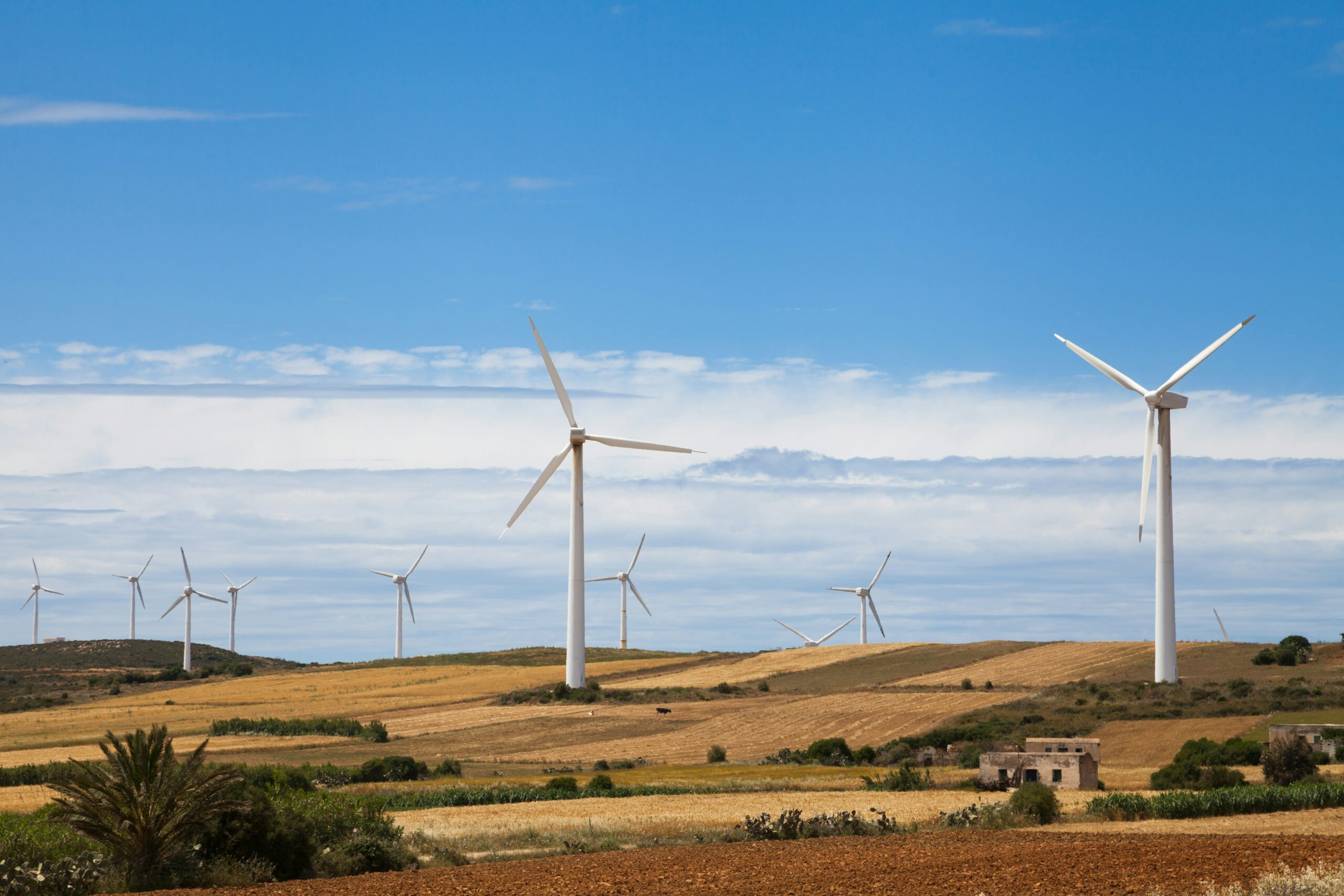Insider Brief
- OCI Holdings announced a $265 million investment to build a solar cell production facility at its U.S. subsidiary, Mission Solar Energy (MSE), with a planned capacity of 2GW by the second half of 2026.
- The facility will use non-China polysilicon from OCI TerraSus in Malaysia, ensuring compliance with U.S. trade regulations and benefiting from Inflation Reduction Act (IRA) tax incentives for domestic solar production.
- OCI Holdings is accelerating its U.S. market strategy amid rising trade barriers against China, aiming to close the U.S. solar supply gap.
PRESS RELEASE – OCI Holdings announced that it will expand the U.S. solar value chain by independently building a solar cell production plant at its U.S. solar subsidiary, Mission Solar Energy (MSE).
By investing a total of $265 million (approximately 384 billion KRW), the company plans to begin commercial production of 1GW of solar cells in the first half of 2026. In the second half of the year, it will gradually increase the capacity by more than 1GW to ultimately secure a total production capacity of 2GW.
This project will enable OCI Holdings to establish a clean solar supply chain using non-China polysilicon from its Malaysian subsidiary, OCI TerraSus (formerly OCI M), in combination with the solar cells produced at the new U.S. facility.

OCI TerraSus’s solar-grade polysilicon is produced using Malaysia’s eco-friendly hydropower, meeting RE100 requirements, and complying with the Uyghur Forced Labor Prevention Act (UFLPA), which is increasingly enforced by U.S. Customs and Border Protection (CBP). This ensures that the polysilicon is recognized as a competitive, clean product, making it easier for global customers to export to the U.S.
The U.S.-based solar cell manufacturing business will also benefit from the Advanced Manufacturing Production Credit (AMPC) under the Inflation Reduction Act (IRA), which offers a tax credit of $0.04 per watt. Additionally, solar projects that use these products and incorporate a certain percentage of U.S.-made components will be eligible for an additional 10% Investment Tax Credit (ITC), improving profitability for their customers.
OCI Holdings which became the first Korean company to enter the U.S. solar module manufacturing business in 2014 has accumulated extensive experience in large-scale solar projects.
The establishment of this solar cell production facility is set to drive substantial cost efficiencies by utilizing existing factory infrastructure and equipment, while also accelerating the project timeline through pre-secured production permits. As a result, the project is expected to be completed more than a year ahead of competitors, positioning it as one of the industry’s most cost-effective and fastest projects.
Lee Woo-hyun, Chairman of OCI Holdings, stated, “The establishment of this new solar cell subsidiary marks the start of U.S.-produced solar cells made with OCI TerraSus’ polysilicon within a clean supply chain. This cost-efficient and expedited project will be the foundation for further strengthening our solar value chain in the U.S.”
According to a Bloomberg report, the U.S. solar cell production capacity, including ongoing projects under construction, falls short by approximately 90%. As a result, U.S.-made solar cells supplied by OCI Holdings are expected to attract significant market interest.
While OCI Holdings had been carefully considering strategic investments, including joint ventures with global partners to establish a foundation for long-term growth, the recent election of former President Trump has accelerated U.S. tariff policies against China and has increased market uncertainties. This led the company to establish a new subsidiary to strengthen its competitiveness in the U.S. market.








